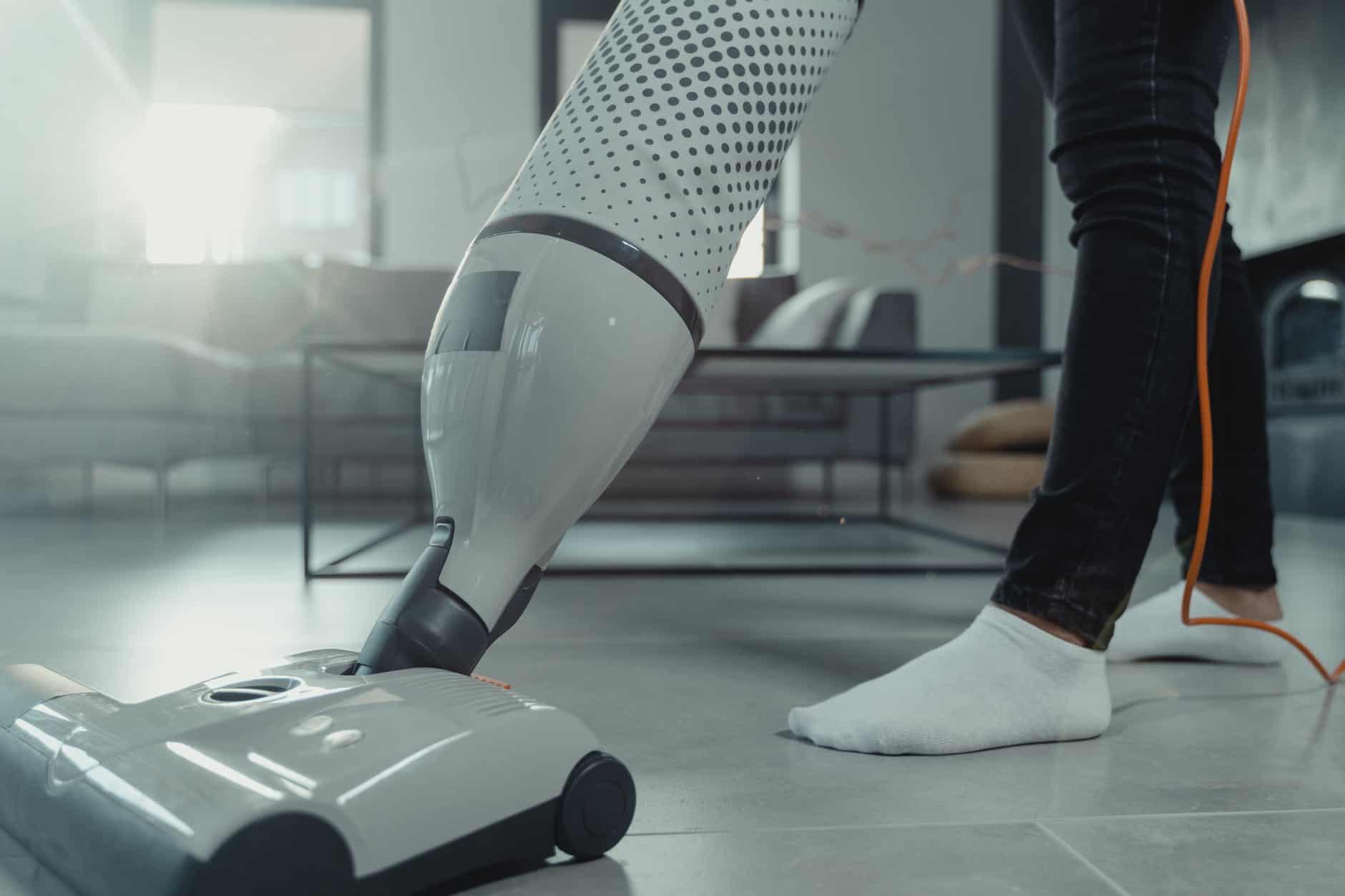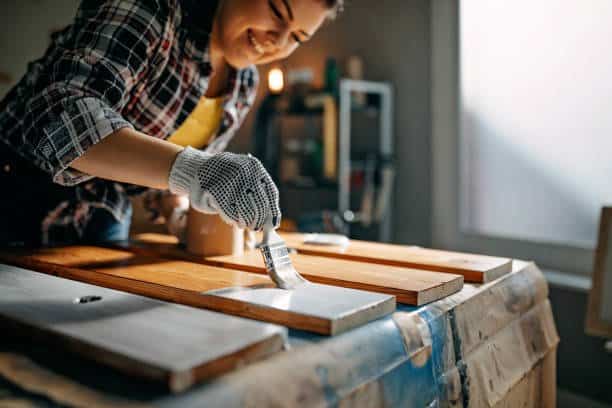Have you recently finished any DIY projects around the house? Do you still have to deal with the spray paint odor? Spray paint odors can be hazardous and toxic. However, you don't have to panic because everything you need to know about getting rid of the spray paint smell is covered in this article.
Just imagine how much more you will appreciate your DIY projects once you understand how to efficiently eliminate the spray paint fumes.
Risks Associated with Spray Paint Fumes

Image Credits: homelyville
When using spray paint, you should take the required safety measures to protect yourself from exposure to paint fumes.
The following are some of the problems that can develop after being exposed to spray paint fumes:
- Feeling dizzy.
- Rashes on the skin.
- Lack of coordination.
- Having trouble breathing.
- It can cause headaches or nausea.
- Irritation of the nose, throat, or eyes.
Long-term exposure can seriously harm your neurological system, liver, and kidneys and sometimes even cause cancer.
Here is a detailed guideline on the hazards of spray paint fumes.
How Long Do Spray Paint Fumes Last?

Image Credits: Artnews
Spray paint dries more quickly if you live in a hot climate. However, the smell typically doesn't go away for at least 24 hours. Additionally, it takes the spray paint fumes two to three days to dissipate entirely with adequate ventilation. Therefore, spray paint fumes can linger for days or weeks if not dealt with properly.
How long the smell lasts also depends on humidity and moisture levels. Therefore, the scent will also last longer in greater humidity levels since the spray paint takes longer to dry at these levels.
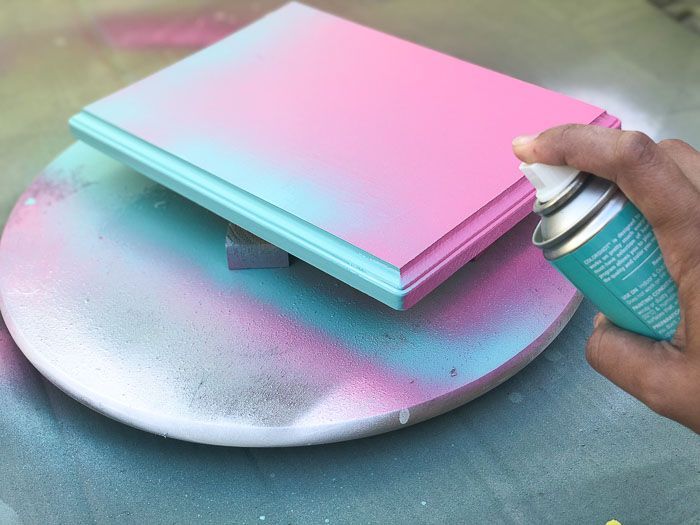
Image Credits: Pinterest
Before spray painting, always check the humidity levels. A humidity level between 40 and 50% is good. Anything above that lengthens the drying period. Do not paint at all if the humidity level is over 85%.
You can use the best air purifier and dehumidifier to speed up the drying process of spray paint.
Additionally, if there is moisture, mold on the walls, or plumbing leaks, the damp surface will not allow the paint to dry easily, and the fumes get trapped for a long time. Therefore, resolve any moisture issues before spray painting.
Low-cost Tricks for Getting Rid of the Spray Paint Smell
1. Baking Soda
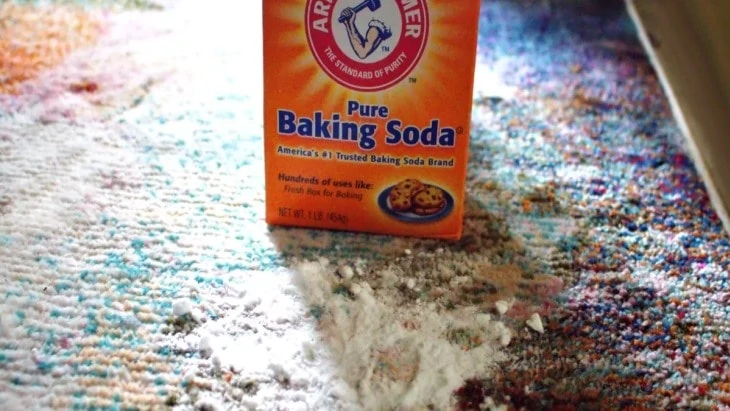
Image Credits: paint strategies
The most effective natural odor absorber in our homes is baking soda. Pour baking soda into several containers, then scatter them and leave them in the spray-painted area for the night. This includes metal surfaces, furniture, or rooms.
It will serve as a desiccant and absorb unpleasant odors and pollutants from the area. When the powder has lost its smell, discard it. If the smell doesn't disappear, sprinkle some baking soda on your carpets, let it sit overnight, and vacuum the following morning. It will gradually eliminate the smell and freshen up the carpet, killing two birds with one stone!
2. Natural Extracts
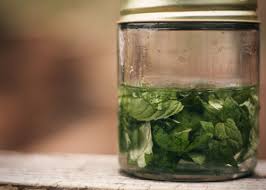
Image Credits: best hvlp spray gun
A lot of the things in nature smell good. Natural extracts like vanilla and peppermint are a great way to eliminate these spray paint smells. Fill a basin with cotton balls and a few drops of any natural extract you have at hand.
This approach will lessen the scent rather than absorb the fumes. As a result, you must ensure that the space has adequate ventilation.
3. Onions
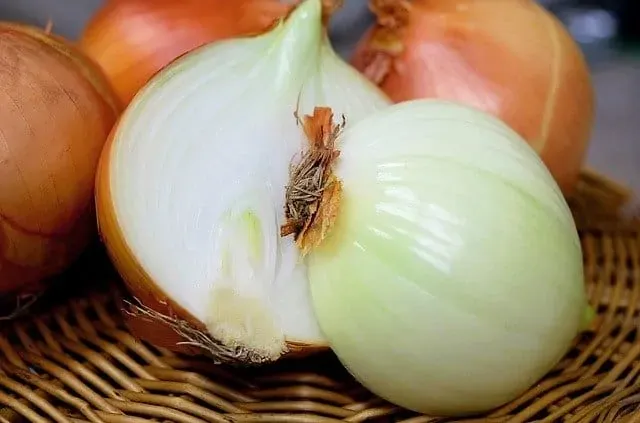
Image Credits: happy DIY home
It can be beneficial to counter one bothersome odor occasionally with another odor. You can do this by slicing a medium- or large-sized onion in half, setting aside each half in the newly painted room for one to two days.
Consequently, the paint fumes and the chemicals that make you cry when chopping onions interact, thus lowering the odor threshold. After each use, please dispose of the onions properly and resist the urge to consume or re-cook them.
4. Lemon

Image Credits: green opedia
Lemon is another all-natural remedy for eliminating the smell of spray paint. You will notice the difference in less than a day as it works well against all odors.
Get a basin of water and squeeze a lemon in it or you half the lemon and place it in the bowl if the space is substantial. Then, position these bowls in the affected area and remove the fumes.
5. Bucket of Water
Fill a one to three-gallon bucket with tap water, set it in the middle of the room, and leave it there overnight or until the paint smell is gone. Use two or three buckets of water if the area is broad to achieve results more quickly.
6. Activated Charcoal
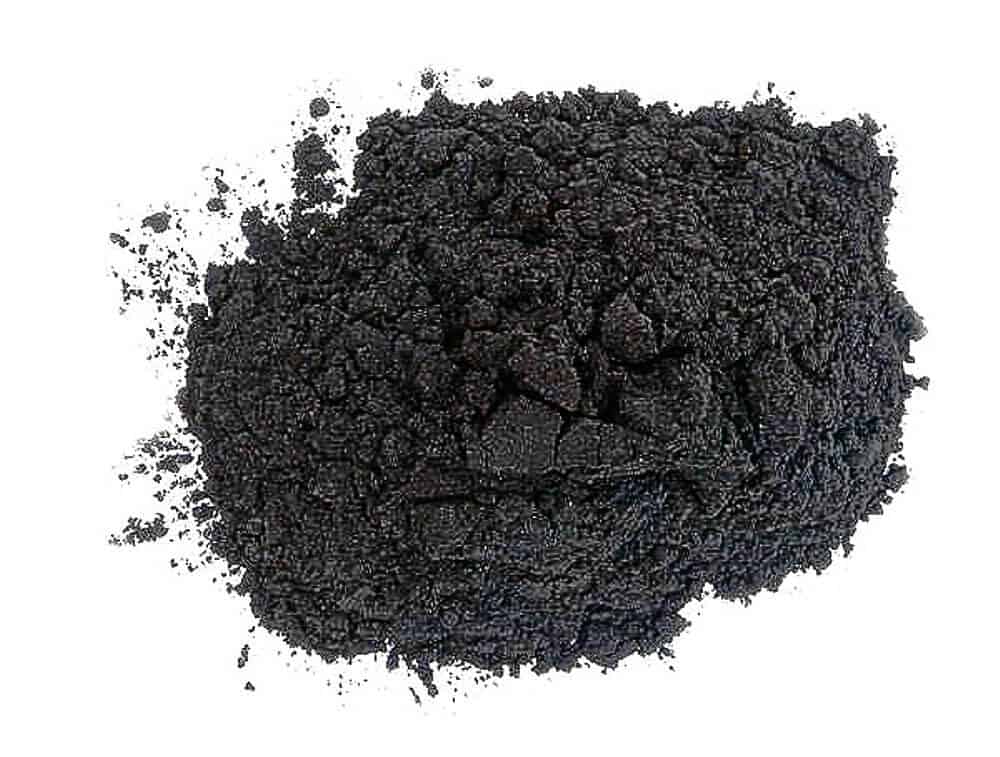
Image Credits: best hvlp spray gun
Activated charcoal is an excellent choice if you're having difficulty getting your room smell free. Activated charcoal has long been considered a safe home-use product and functions as an odor-absorbing component. Activated charcoal is available as pellets, powder, or desiccant bags.
- Say Goodbye to Funk – Deodorize everything from closets to...
- Reusable & Nature-Friendly - Activated bamboo charcoal is a...
- The Fresh Choice - Each charcoal air purifying bag is 100%...
- A Breathe of Fresh Air - Our bamboo charcoal air purifier has 10x...
- Compact & Elegantly Designed - With a simple and sleek design,...
Use activated charcoal in a bag or bucket, place it in the room overnight, and leave it there to eliminate the smell of spray paint. Activated charcoal will quickly absorb paint fumes because it is porous.
7. Coffee Grounds
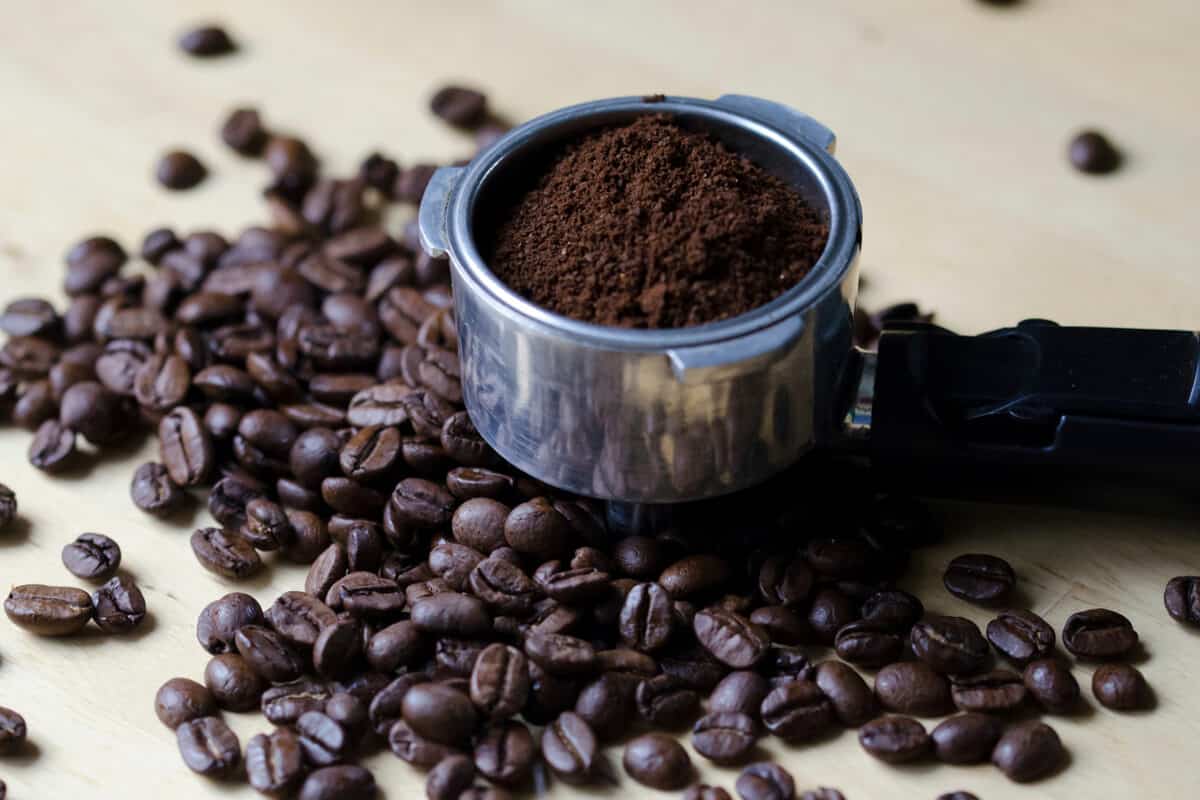
Image Credits: best hvlp spray gun
Coffee is a fantastic odor-absorbing substance that also has a wonderful smell. Unfortunately, using it as an air freshener is a dated practice. However, you can use it in well-ventilated corners of the room to protect you from the overpowering paint odor. Alternatively, place the coffee grounds or beans in every part of the room, leave them there overnight, and watch the magic happen.
8. Vinegar

Image Credits: happy DIY home
The majority of homes have white vinegar. Pour vinegar and water into several dishes, then leave them overnight in the spray-painted area. Apple cider vinegar can be used in its place if white household vinegar is unavailable. Vinegar targets and neutralizes odor particles by causing them to dissolve and break down due to its acidic nature.
9. Scented Candles
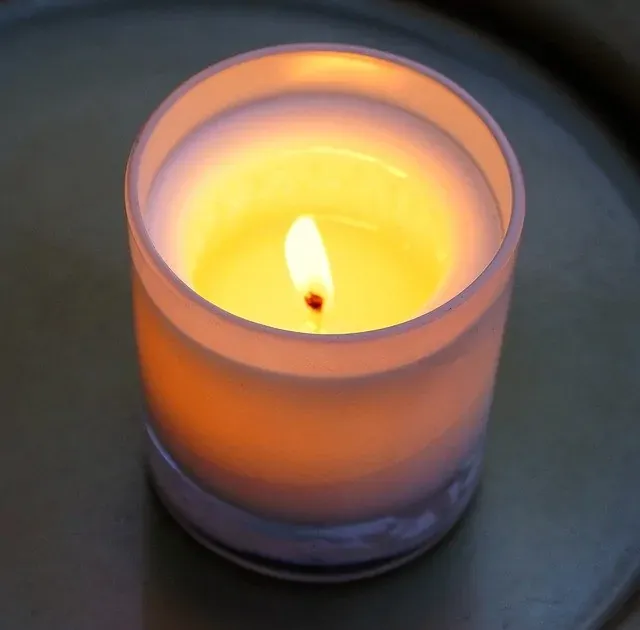
Image Credits: happy DIY home
Using air fresheners, incense, and scented candles, you can eliminate the paint smell. All you have to do to eliminate odors from your home is purchase high-quality scented candles or incense and ignite them. You can choose various flavors to get the most from candles with mild to intense scents.
10. Diatomaceous Earth
- Natural Product - Composed of 4lbs of 100% ground freshwater...
- OMRI Listed - Listed with the Organic Minerals Research...
- Powder Duster Included - Powder duster in the bag for easy and...
- Supports a Great Cause - Harris donates 10% of profits to support...
- Made in the USA – Mined in Nevada and packaged in Georgia
Most households won't have this item; however, local hardware stores usually have it. Diatomaceous earth is porous and absorbent. Therefore, it will absorb any scents, including the smell of spray paint.
Purchase diatomaceous earth suitable for human consumption and pour the contents into many bowls. Please keep it in the impacted space overnight.
How to Reduce Spray Paint Smell Before Painting
It is best to try to prevent spray paint odors from entering your home rather than trying to eliminate them once they do. Here are some strategies to prevent the spray paint smell from lingering in your house:
1. Low VOC Spray Paints
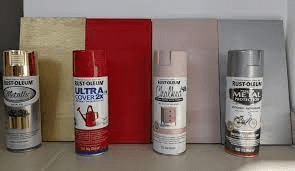
Image Credits: my chemical-free house
The quantity of volatile organic compounds(VOC) utilized in the paint directly correlates with how much the spray paint smells. A stronger smell results from a high concentration of VOC. Selecting low VOC paint is the greatest method for reducing the smell and off-gassing after drying. If possible, get paints with few or no VOC.
Typically, oil-based paint contains more volatile chemicals than water-based paint. Consider using water-based paint if you plan to paint all of the inside walls. If you've already purchased oil-based spray paint, check if the label mentions "low scent."
These paints are occasionally made with environmentally friendly elements. New paint brands promote paints with minimal or no volatile organic compounds. Examine these possibilities, and make any necessary adjustments.
2. Letting Each Layer of Paint Dry
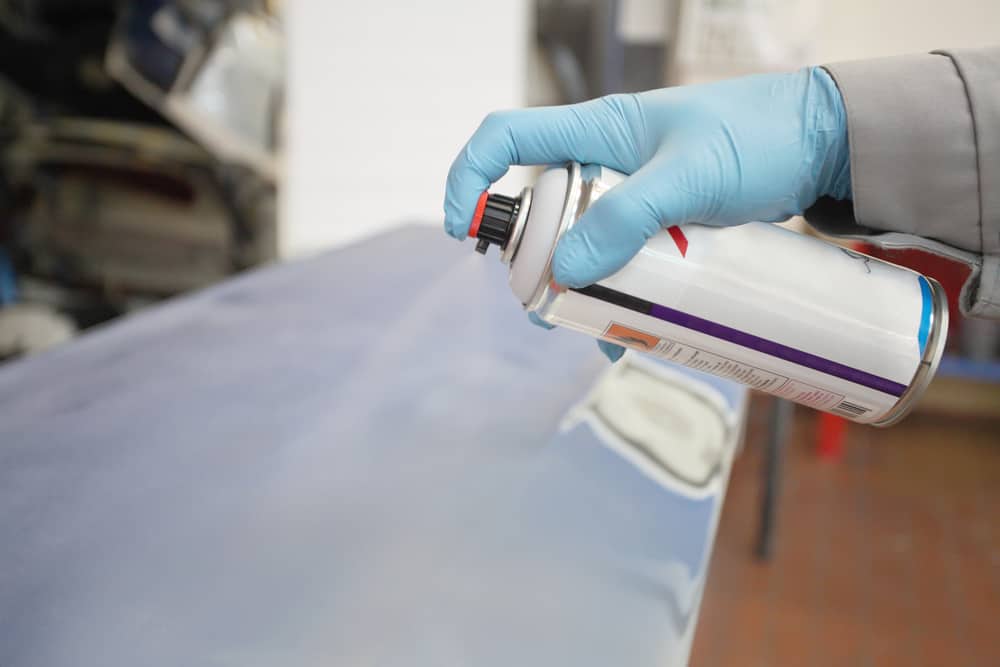
Image Credits: the cold wire
You can also reduce the amount of spray paint exhaust created by letting each layer of paint dry before adding the next. Wet surfaces frequently trap and release hazardous fumes over a long period. We also advise ensuring that all the lids on your paint jars are kept on when not in use.
3. Weather Forecast
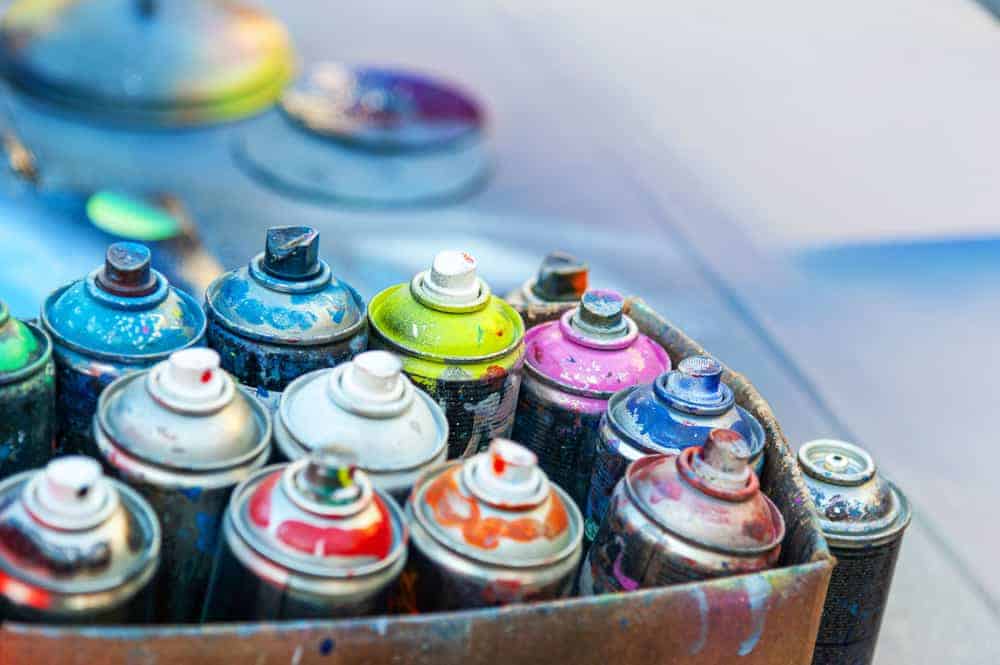
Image Credits: the cold wire
Checking the weather forecast before you start is another outstanding strategy for preventing waiting spray paint exhaust. As previously discussed, high humidity slows down the drying process, and as the paint is being applied and holding on to dry, it emits the most grounded emissions.
4. Proper Ventilation

Image Credits: happy DIY home
The best way to control spray paint fumes and odor is with constant airflow. Air is necessary for speedy paint drying, and it also helps to diffuse fumes. For example, you can leave the windows and doors open to let fresh air enter.
You could spend money on a good spray-painting booth if that is insufficient. The booth or an outdoor structure is viable in the long run. You could get portable booths at reasonable prices at online stores like Amazon.
- PAINT SPRAY SHELTER: The Wagner Large Spray Shelter offers a...
- TENT DESIGN WITH BUILT IN FLOOR: The curved spray paint tent...
- EASY TO SET UP: Two-pole design allows for simplified set-up in...
- PROTECTIVE MESH SCREEN: The mesh screen helps protect freshly...
- BIG SHELTER FOR BIG PROJECTS: The paint spray tent offers the...
The only option for stationary painted surfaces, such as walls or large furniture, is to open windows and doors to allow airflow. For circulation, use electric fans if necessary. Take the painted surfaces outside to dry if they are mobile.
5. Air Purifier

Image Credits: NYTimes
Air ionizers and air purifiers are both great for removing paint odors and cleaning up air pollutants. These devices will assist in removing the paint odor right away while safeguarding your respiratory systems in the long run.
Invest in an air purification system and a crate fan to continuously provide a better wind current inside your space. This ensures fresh air gets into the room to lessen the paint exhaust.
- Small Fan for Table or Floor: The Honeywell Turbo Force Air...
- Feel the Power; Honeywell's TurboForce line of fans have an...
- INCREASE YOUR COMFORT: Using fans for air circulation in your...
- HONEYWELL FANS: The right fan helps cool you off & improves...
- HONEYWELL QUALITY: Help improve air circulation & energy savings...
Splash paint odors within your home are eliminated and killed by air purifiers. They are designed to control allergies, odors, and hazardous synthetic substances.
Here is the best air purifier with a washable filter for great air quality.
Frequently Asked Questions(FAQs)
1. Is It Safe to Spray Paint Indoors?

Image Credits: home depot
While it's best to spray paint outdoors whenever possible, it is also safe to do so indoors. When you spray paint outside, the fumes are quickly displaced. Therefore, ensure you are in a well-ventilated area when spray painting indoors.
The fume buildup will rise if the painting room is closed off. Whether inside or outside, wearing a mask and eye goggles is recommended when spray painting. Some folks even prefer to spray paint while wearing gloves.
If you need to spray paint inside, clear out everything that isn't going to be painted from the space. If that isn't practicable, then use tarps to cover everything. The scent will be harsher if there are surfaces in the room where spray paint can adhere and linger.
Here is how to get paint out of the carpet in case it spills while painting.
2. Is Spray Paint Toxic After It Dries?

Image Credits: pressenza
A strong chemical scent may be lingering in the room long after the spray-painted item has dried on some items in your home, such as furniture or decorative items. This is because the chemicals in spray paint emit after drying because of its incredibly quick drying period; this emission is called chemical off-gassing.
Chemical off-gassing is the process by which the solid or liquid chemical components in paint transform into a gaseous substance slowly released into the air. It degrades the indoor air quality in the home and may even pose health risks to those who live there.
3. Is Spray Paint Smell Dangerous?
The chemicals themselves may be more hazardous than the smell itself. However, the smell can signify that potent chemicals are still in the area. For example, it's not harmful to smell spray paint in tiny doses, but it can be harmful to remain for an extended period in an environment that smells like spray paint.
Wearing no protective equipment is terrible in a space with no airflow. You will experience the repercussions, some of which may occur immediately and others later in life, as listed above under the risks.
Here you can learn more about using the right PPE for painting jobs.
4. Why Does Spray Paint Have Such a Bad Odor?
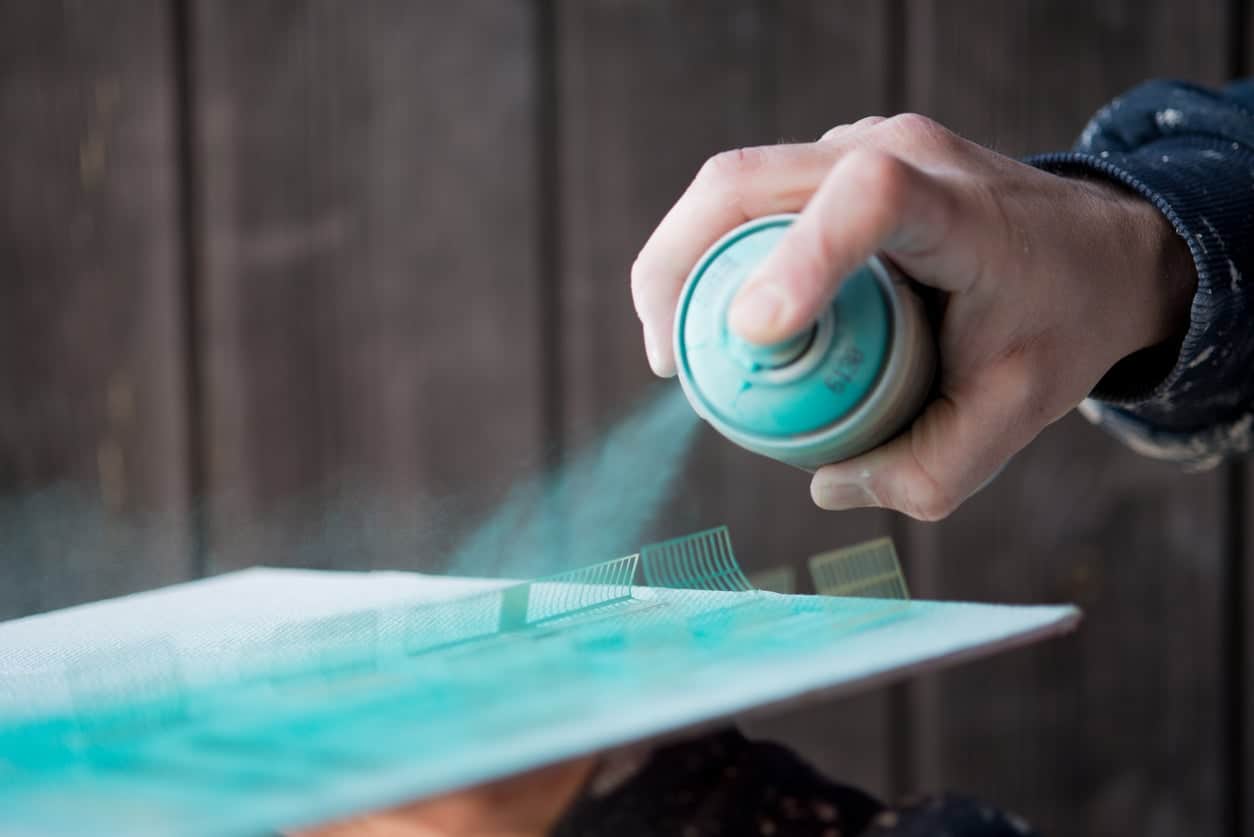
Image Credits: bob vila
The volatile organic components the paint contains are mostly to blame for the strong chemical odor that most paints emanate. Carbon-containing molecules known as volatile organic compounds(VOC) evaporate at ambient temperature and disperse into the environment.
They are given off as the paint is sprayed out of the container, and they continue to be given off as the paint dries and cures in a process known as off-gassing.













